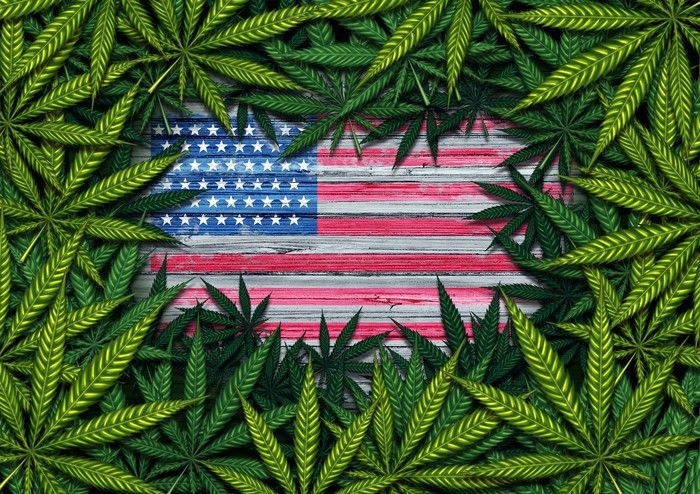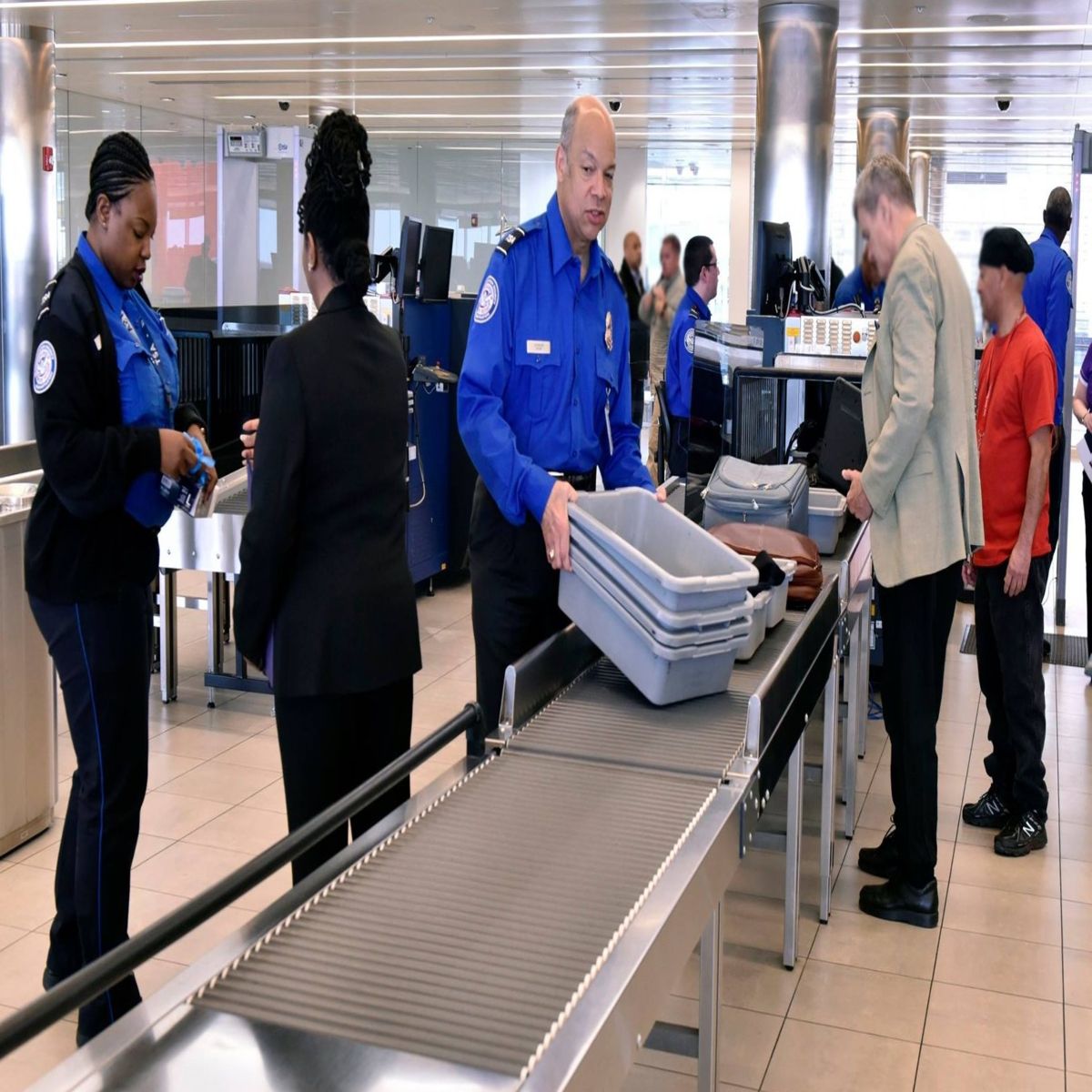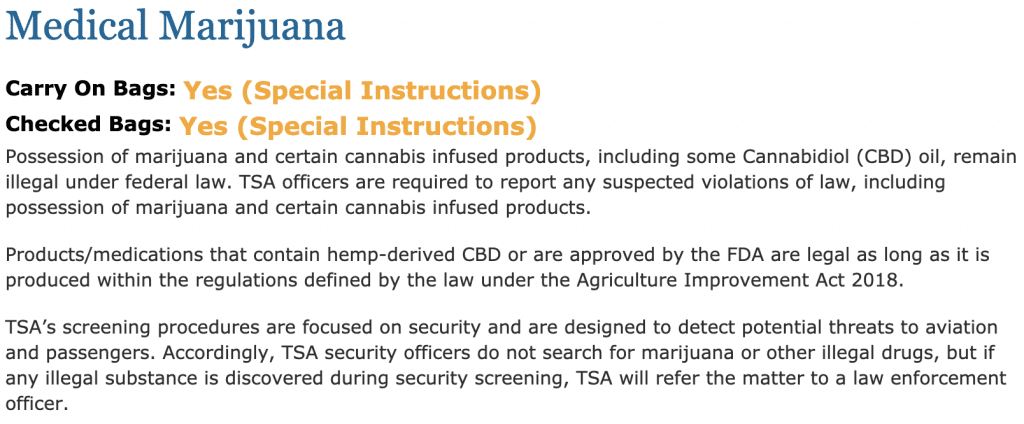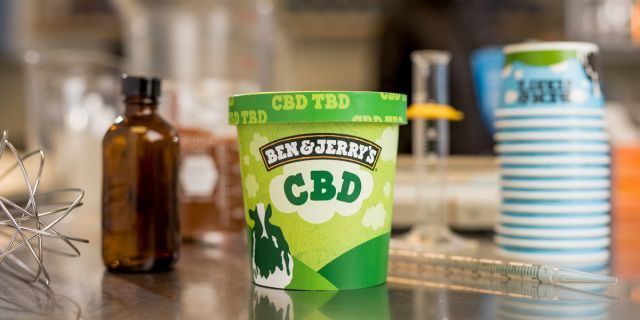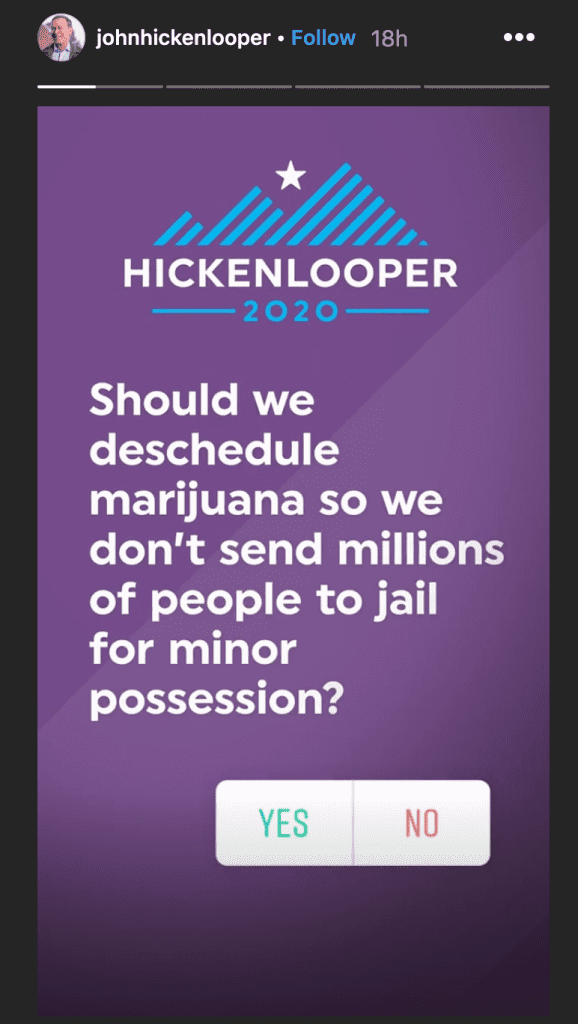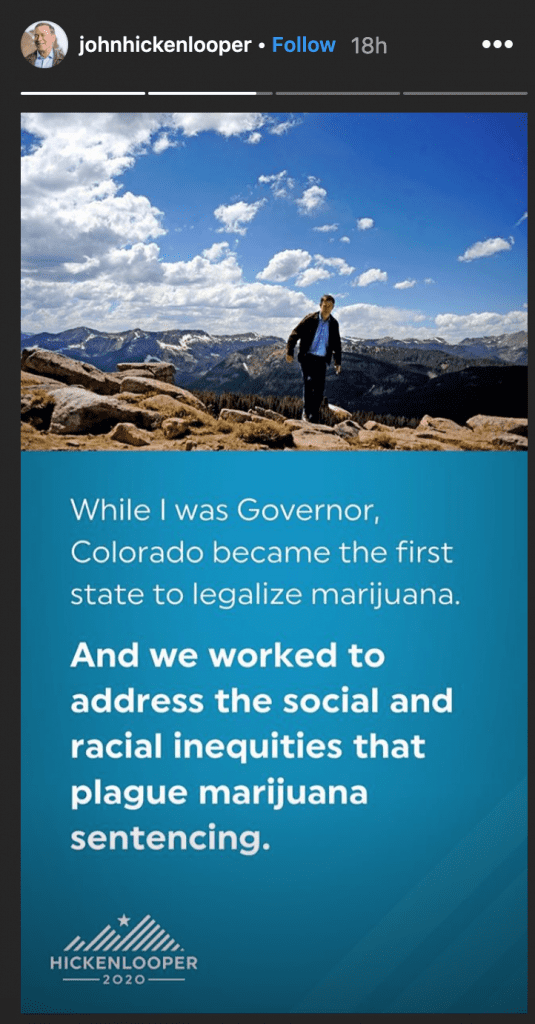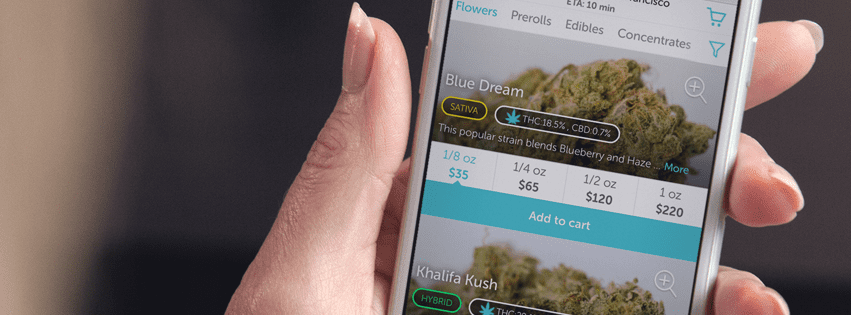Ok, back on topic.....this article doesn't surprise me as its been my observation that our self-entitled professional political class seems less responsive to their electorate's desires than ever before. Representative democracy doesn't seem like a concept that they fully grasp and certainly not one that they honor. They need to go, IMO.
Don't expect quick U.S. marijuana legalization based on polls showing support
You might look around and think that the legalization of marijuana in the U.S. is right around the corner. Thirty-three states have already legalized medical cannabis. Ten states have legalized recreational pot, with another big state -- Illinois --
on the way to doing so.
Then there are the surveys -- lots of them -- that reflect
solid support among Americans for legalizing marijuana. Gallup, Pew Research Center, and Quinnipiac surveys from last year showed more than 60% of respondents expressing support for marijuana legalization. Surveys conducted by Boston University, CBS News, and Fox News were in the same ballpark, with support for legalizing pot ranging between 55% and 59%.
But don't expect quick U.S. marijuana legalization based on these surveys. There's a big gotcha that the surveys don't reveal.
What the surveys don't say
While survey after survey shows that a majority of Americans are in favor of U.S. legalization of pot, those surveys don't indicate how intense that support is. But other surveys provide clues. And it's not good news for anyone thinking that a groundswell of public support will lead to marijuana legalization quickly.
In January, the Pew Research Center
announced the results of a survey that identified what Americans' top priorities for Washington, D.C., are in 2019. Improving the economy took the top spot, with 70% of respondents listing it as a top priority. Reducing healthcare costs followed as a close No. 2.
Where did legalizing marijuana rank among the public's 2019 priorities according to the Pew Research Center survey? It didn't show up at all.
CNN
conducted a survey in March to find out what issues Americans ranked high on the list in deciding whom they'd support for president in the 2020 election. Marijuana legalization did register on this -- with an underwhelming 2% ranking it as a significant priority.
Although the majority of Americans support legalizing pot, many of them don't appear to see it as a significant issue for the country. This is borne out by
a Gallup poll conducted in February in which U.S. residents were asked to identify the top problems that the country faces. Poor government leadership, immigration, and healthcare ranked as the top responses. Marijuana legalization didn't make the list.
Political dynamics
You've probably heard the expression that "the squeaky wheel gets the grease." This old saying is true in politics. Issues that people care about (and complain about) the most tend to receive the most attention from politicians. Legalizing marijuana doesn't seem to be a very squeaky wheel right now.
This is especially true for Republicans, who tend to support marijuana legalization at lower levels than do Democrats and independents. And it could present a bigger hurdle to U.S. marijuana legalization than you might think.
Legislation is already being advanced in both houses of the U.S. Congress to change federal laws to recognize the authority of individual states to enforce their own marijuana laws. The votes appear to be in place for passage in the House of Representatives and in the Senate.
However, Sen. Lindsey Graham, R-S.C., is chairman of the Senate Judiciary Committee and gets to pick which bills come before the committee. The bill to change U.S. marijuana laws must first clear Sen. Graham's committee, and he hasn't been a big fan of legalizing pot but has been supportive of medical cannabis.
As the Senate majority leader, Sen. Mitch McConnell, R.-Ky., ultimately decides which bills get voted on by the full Senate. Sen. McConnell was a key proponent of legalizing hemp in the U.S.
But his support for the hemp industry in his home state of Kentucky
could squelch the chances of marijuana legalization at the federal level as long as he leads the Senate. Even with many GOP senators representing states that have legalized marijuana in some form, there's not likely to be a tremendous amount of pressure on Sen. McConnell from his own party to allow marijuana legalization to move forward in the Senate.
So could the GOP lose control of the Senate in the 2020 elections, clearing the way for U.S. marijuana legalization in 2021? Maybe. Republicans will defend 22 seats compared to only 12 seats for Democrats. But only two of the GOP's Senate seats are in states that leaned Democrat in the last two presidential elections. In addition, Democrats have a difficult task in holding on to the seat in Alabama currently held by Doug Jones.
Investing in the meantime
Despite significant levels of support among Americans for legalizing pot, the lack of intensity in that support could doom efforts to change federal laws in the near future. In the meantime, though, the U.S. cannabis industry continues to grow rapidly anyway. Investors who wait for federal laws to change could miss out on that growth.
Probably the best investing opportunities are in stocks that should perform well even if it takes a while for changes to U.S. federal marijuana policy. Two that should fit the bill are
Canopy Growth (
NYSE:CGC) and
Scotts Miracle-Gro (
NYSE:SMG).
Canopy Growth is a major player in the Canadian adult-use recreational marijuana markets. It's also a leader in fast-growing international medical cannabis markets. In addition, the company is building a large-scale hemp production facility in New York state and seems likely to expand into hemp markets in other U.S. states. Canopy Growth would be quick to move into the U.S. marijuana market should federal laws change, but the company should be able to deliver plenty of growth in other ways in the meantime.
Scotts Miracle-Gro has emerged as the leading supplier to the U.S. cannabis industry. The company's Hawthorne Gardening subsidiary sells hydroponics, lighting systems, ventilation systems, and other products to marijuana growers. Scotts stock would no doubt skyrocket if U.S. marijuana laws changed. However, the company should still perform quite well regardless thanks to its cannabis-focused business and its introduction of new organic lawn and garden products.
Other stocks could be winners as well. That gotcha with surveys showing support for marijuana legalization doesn't have to be a gotcha for investors.
